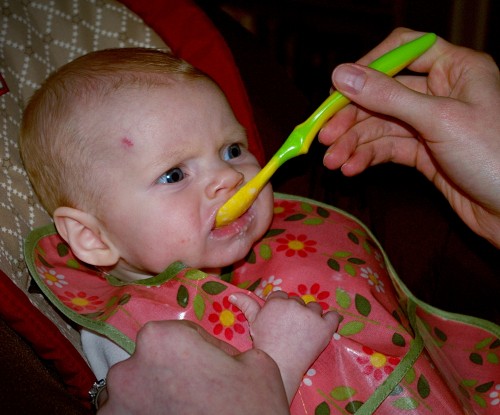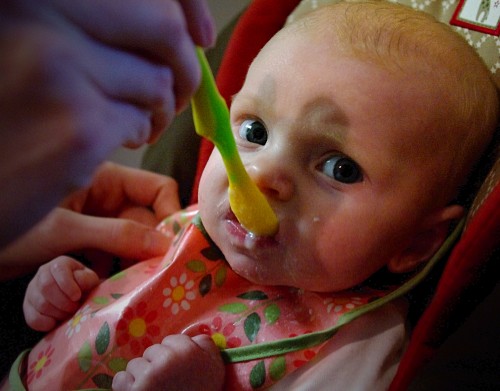The Economist hosted a debate between security expert Bruce Schneier and former TSA-administrator Kip Hawley on the topic of whether the changes to airport security since 9/11 have done more harm than good.
It was well done and consisted of opening statements, rebuttals, and closing statements from each participant.
Hawley’s opening statement begins with:
More than 6 billion consecutive safe arrivals of airline passengers since the attacks on America on September 11th 2001 mean that whatever the annoying and seemingly obtuse airport-security measures may have been, they have been ultimately successful.
He continues on and on using the reasoning that because no airplanes have been successfully attacked it means the TSA has been effective and therefore worth its inconvenience, cost, and violation of civil rights.
This is a clear-cut case of post hoc ergo propter hoc reasoning. He presents no further evidence other than first the TSA was created and second no successful attacks have occurred as proof that the TSA is successful.
Post hoc ergo propter hoc can be phrased as follows: First A occurred, then B occurred, therefore A caused B. This, however, is frequently not true and is not valid reasoning without further evidence better tying together the events of A and B.
Using post hoc ergo propter hoc reasoning as the sole basis of maintaining the current absurdity of the TSA is unacceptable.
But let’s rephrase the relationship and re-examine the reasoning. Let’s phrase the relationship like this:
If the TSA is effective then there will be no successful attacks on U.S. airplanes
Now let’s include the knowledge that no successful attacks have occurred. What can we say about the TSA’s efficacy?
Interestingly enough, nothing. If the if-then relationship is true, knowing the “then” clause is true tells us nothing about the “if” clause.
Logically, if-then statements can be rewritten. “If A then B” is equivalent to “B or not A.” Using an example: “If it is raining then the ground is wet” is equivalent to “The ground is wet or it is not raining.”
The re-writing makes it easy to see that when we know the ground is wet we don’t actually learn anything about whether it is raining or not. It might be raining, and the wet ground provides evidence for that hypothesis, but the ground may be wet because a lawn sprinkler is running, or someone spilled a cup of water. We don’t know why the ground is wet, only that it is.
So let’s rewrite our proposed relationship between the TSA and airplane safety:
There will be no successful attacks on U.S. airplanes or the TSA is not effective.
Knowing that there have been no successful attacks tells us nothing about whether the TSA is effective or not.
This is an incredibly important piece of formal logic to understand because it is almost always misused in common practice.
So the real relationship that Hawley is providing evidence to argue is this:
If there are no successful attacks on U.S. airplanes then the TSA is effective.
But this statement doesn’t mean what Hawley wants it to mean. Given that there are no successful attacks on U.S. airplanes does mean that the TSA achieved its operational goal, but it does not tell us anything about whether the TSA’s actions contributed to that result or not because the causation is backwards.
It is equivalent to saying: “If I got an A on the test then I learned the material.” Which is not necessarily true (you may have cheated or made lucky guesses). The correct causation should be, “If I learned the material then I will have gotten an A on the test.”
In order for the test->learned form to tell us something meaningful about the consequent (the “then” part) we need additional criteria: “If I got an A on the test, and I did not cheat, and I did not make lucky guesses then I learned the material.”
[Updated 4/14 with more obvious example]
Another example would be to say I have a magic wand that causes things to fall to the ground when you let go of them. I’m holding the wand, you let go of something, it falls to the ground. So I posit, “If the object falls to the ground, then my wand works.” Knowing that the object falls to the ground doesn’t really tell you anything about whether my magic wand had anything to do with it. The stated purpose of the wand was achieved, but it had nothing to do with the wand.
The point being that in this reverse-causation form we have to account for all possible causes in the antecedent (the “if” part) in order to arrive at the consequent–an impossible task given the number of things that are unknowable regarding airplane security.
There may be no successful attacks on U.S. airplanes for many reasons and we would need to account for all of them before declaring the TSA effective. A silly one is simply that there might be no U.S. airplanes (in which case there could be no attacks against them, successful or otherwise, regardless of the TSA’s efficacy).
A serious reason could be that there is not anyone trying to attack. And if we count the number of terrorists that the TSA has actually caught (zero), this is true. If your argument is then that those who would attack were deterred from even trying, then the burden is on you to provide evidence that this has occurred.
My position remains that if terrorists were intent on blowing something up and decided that an airplane was too difficult they would not just give up and go home. If the TSA is deterring terrorists from attacking airplanes then those same terrorists would be blowing up grocery stores, malls, schools, dams, airport security lines (like the terrorist attack in Russia in 2011), or any of thousands of other completely unprotected targets.
Bruce Schneier argued for the responsible action: Disassemble the TSA, return airport security to pre-9/11 levels, and divert the TSA’s budget to intelligence gathering, law enforcement, and emergency response.
Following this plan would provide greater protection for all targets with no meaningful reduction to the security of airplanes. And, as a bonus, you would waste less time in airport security lines, have fewer Constitutional rights violated when traveling, and your ticket would cost less.

